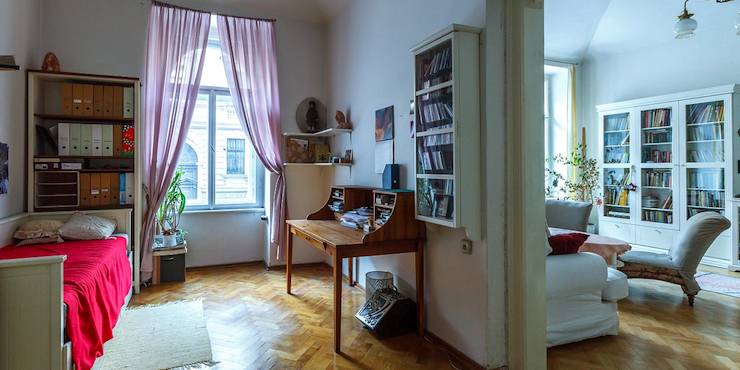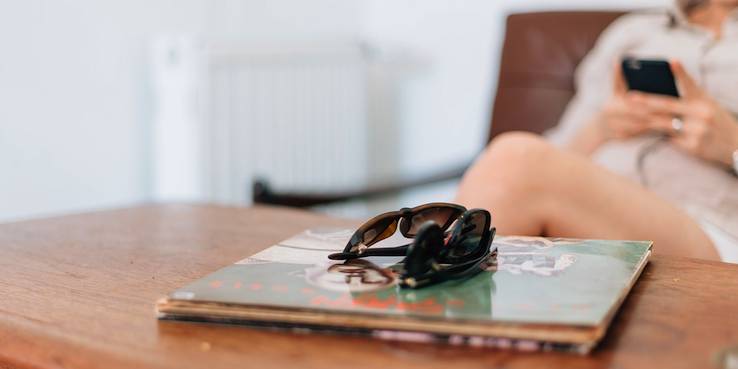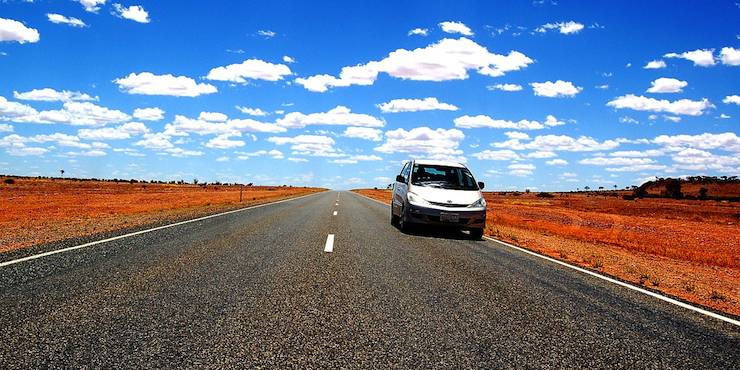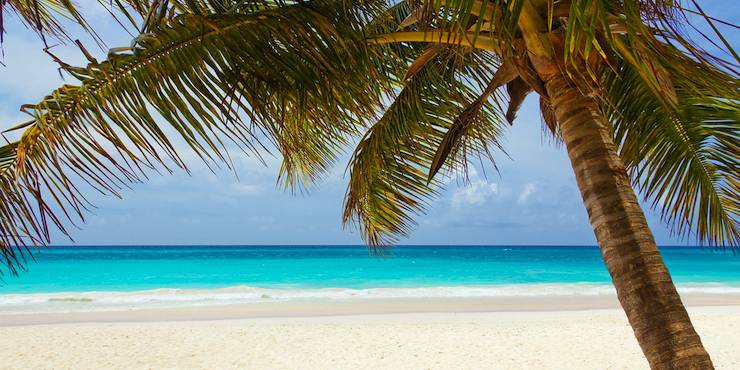How To Cash In Your Spare Room With Airbnb

We wrote previously about how you could cut the cost of your holidays by using holiday home rental sites and now we’re flipping it on its head. This time we’re looking at how you can use these sites to cash in on your spare room.
Airbnb is the largest of the bunch, as well as the most well known so we’ll focus purely on this site, but most of the tips will also apply to similar rental sites.
It’s important you’re realistic about the prospect of renting your space before you sign up as a host. People often want to stay close to a city centre, a cultural landmark or have a unique experience. Unfortunately your home may not be too attractive to people travelling if it’s in the middle of nowhere with not much going on nearby.
If you’re convinced you’ve got something special, read on to find out how you can make money with Airbnb.
Step 1: Sign up and list your space
Before you start your listing do a search on the site for other properties listed nearby. This will give you a great indication of how popular the neighbourhood is (based on the number of bookings and feedback), together with the rates being charged. You can list any size of space, be it an attic bedroom or your entire home and it’s free for all options.
When you’re ready to create the listing you’ll be asked to provide a description of the space – this is your chance to give potential bookers information about what to expect and so it’s important that you make it as accurate as possible. By bigging it up you’re likely to get negative feedback, and in the longer term far fewer bookings. Make sure you also give information on public transport nearby and any other local attractions that may be of interest.
It’s then time to list all of the amenities – WiFi is of huge importance to the majority of travellers, together with entertainment options such as access to a TV.
Up to 24 photos can then be uploaded to really show off the space available – again make sure these are accurate and you don’t include photos for a space the guest will never get to see. If photography isn’t your thing you can also apply online via Airbnb to get a professional to visit your home to take some snaps.
The final part of the listing is the pricing and most importantly, the availability. There’s the option to set custom prices for weekends versus weekdays, short stays versus extended stays and even increased charges around popular dates. It’s best to set the price slightly under that of competitors when you start as without any feedback you’re at a disadvantage. You can then increase or decrease the prices later based on how many bookings come in.
Step 2: Treat it as a business
When potential guests ask questions, respond as quickly as possible and treat the process in the same way as if you yourself were booking a hotel room. Would you expect to wait 5 days for a response? By responding quickly you’ll already start to form a positive relationship with the guests.
You also have the option to accept or decline bookings on an individual basis – if you’re not happy with the potential guest it’s best to decline the booking so you don’t feel that you’re opening up your home to people you don’t want to be there. But it’s also important not to be too picky if you want to actually make some money from your spare room.
Step 3: Be the host(ess) with the Mostess
People using Airbnb are savvy travellers and like to stay with ‘hosts’ because it’s not like a standard hotel stay. They want to see the personality in both you and your space. However personality doesn’t extend to messiness, and before your guests arrive it’s essential to give it a thorough clean and to put everything in place to make their stay as comfortable as possible. This may include an extra hair towel, some water in the room and even simple instructions on how to connect to WiFi.
Use the Airbnb to confirm arrival and departure times before the guest arrives – this way you can greet them in person and invite them into your home. It’s also useful to provide a guide tour of any communal spaces, together with info on the local area. From the minute they arrive to the minute they leave, you’ll essentially be like the hotel concierge.
At the end of the stay get feedback on the guest on how they found their time in the area – they may provide snippets of information which will be useful for future guests and it also gives you the chance to get an idea of how positive their experience was.
After the stay is complete both yourself and the guest has the chance to write a review about the experience – try to make this as positive as possible if you want the guest to book again and personalise the message.
Airbnb isn’t for everyone and you may find after one experience you’re done for good. The great thing is there’s no cost involved in listing your space (you pay a percentage of the value back to Airbnb) so if you don’t like it you’ve lost nothing. On the other hand, you may get hooked and start reaping some serious rewards from the charms of your home.












